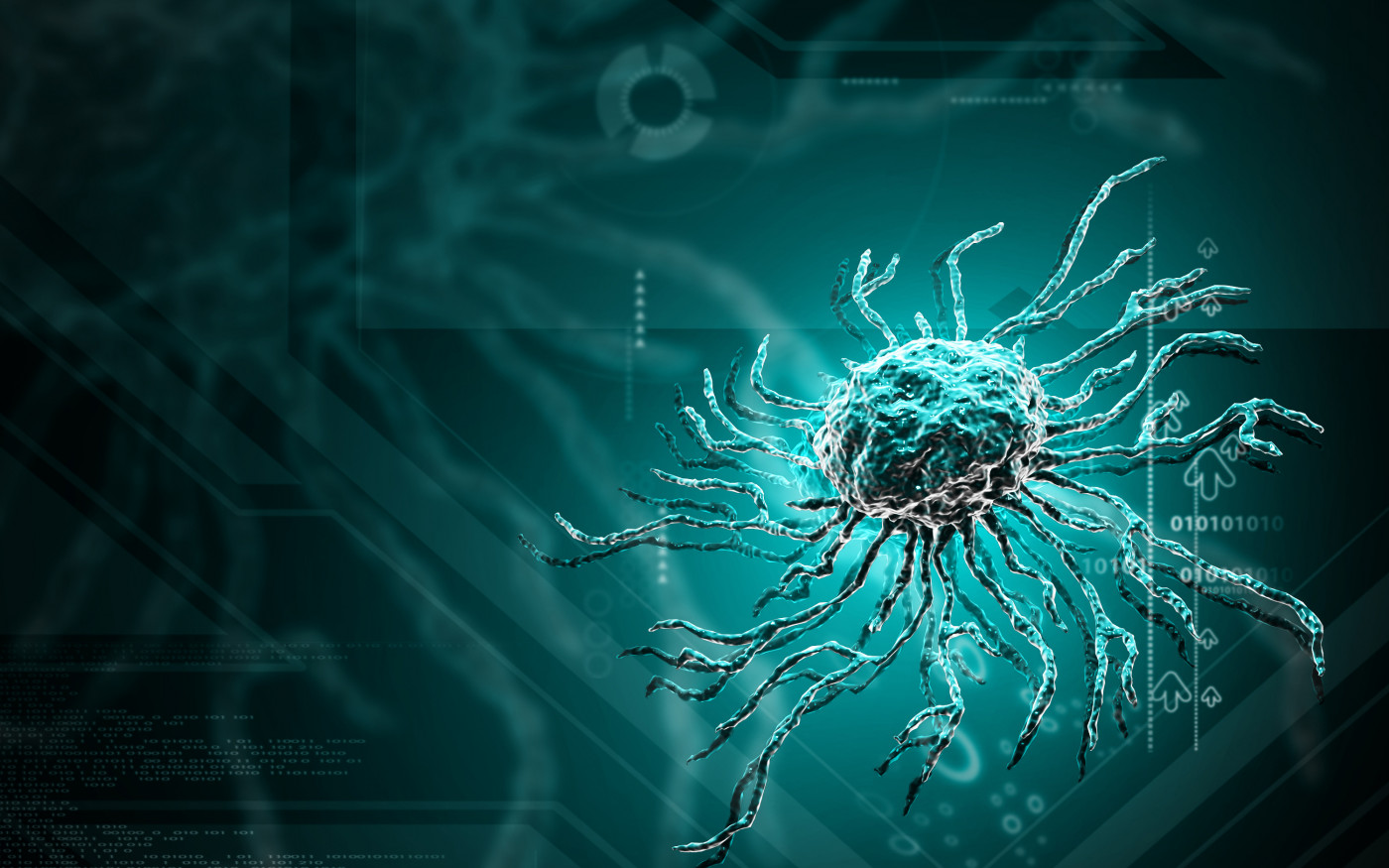India’s Advancells Reports Successful Reversal of MS in Single Patient Using Stem Cell Therapy
Written by |

Advancells says its stem cell-based therapy completely reversed multiple sclerosis (MS) in an Indian pilot trial with only one MS patient.
The patient, Rahul Gupta, was diagnosed with MS seven years ago and has since suffered multiple relapses. His disease was progressing fast and he was quickly losing his ability to walk. Gupta, who lives in New Zealand, approached Advancells — a company based in the Indian state of Uttar Pradesh that specializes in the use of stem cells for therapeutic purposes.
“After my last relapse, I became determined to look for alternative treatments for multiple sclerosis,” Gupta said in a press release. “I started looking on the net and found that stem-cell therapy [offers] hope for people suffering with MS [and] that it is safe and would not harm me in any way. I was determined to undergo stem-cell treatment, as my illness was progressing very quickly.”
Gupta enrolled in Advancells’ adult stem-cell therapy program as the trial’s single patient. In the procedure — carried out in June at a New Delhi clinic — doctors isolated stem cells from his bone marrow and re-infused them back into the patient at specific points. Apart from this procedure, Gupta underwent only physiotherapy and a dietary routine.
“Straight after the treatment I saw major improvements,” he said. “I could walk a lot better, could climb stairs — which I was unable to do after 2012 — and even go on the treadmill.”
Dr. Lipi Singh, head of technology at Advancells, said the company is frequently approached by MS patients from around the world who want to participate in its program.
“Patient selection is a key criterion for us and Rahul suited the criteria perfectly,” Singh said. “He is young and still at a moderate level of the disease and in a very positive frame of mind. Patients at this stage are best suited for this kind of treatment and thus we decided to accept him as a pilot case.”
Singh now expects to review Gupta’s response sometime this fall.
“It will take approximately three months for us to review changes in the magnetic resonance imaging of the patient, but the drastic changes in symptoms clearly are an indication of the fact that the treatment is working and could become a hope for millions of patients across the world who are suffering from this disease.” Singh said.
He added: “This is a good start to a lengthy research phase, but it seems that we are on the right track and hopefully we will be able to make a significant contribution in eradicating not only MS but a host of untreatable diseases existing today.”


